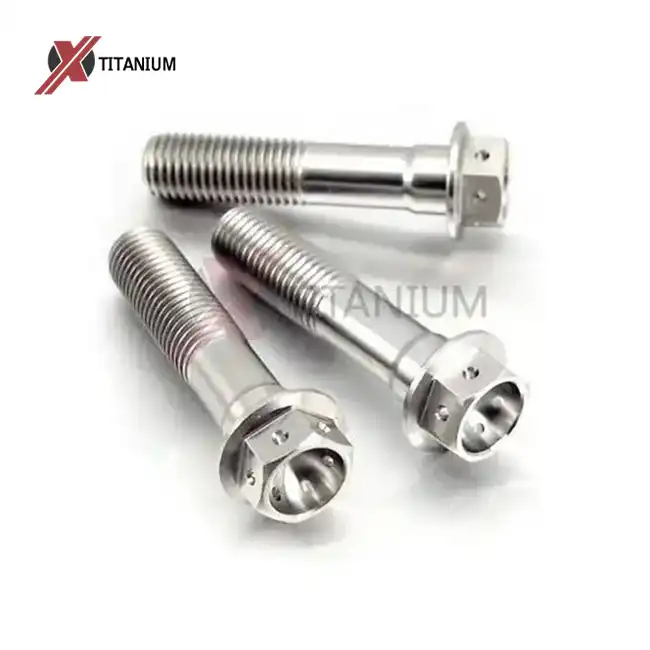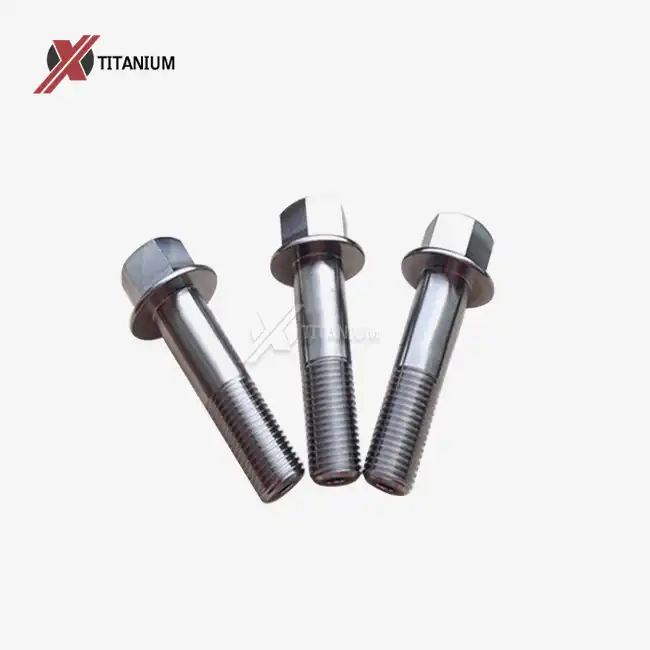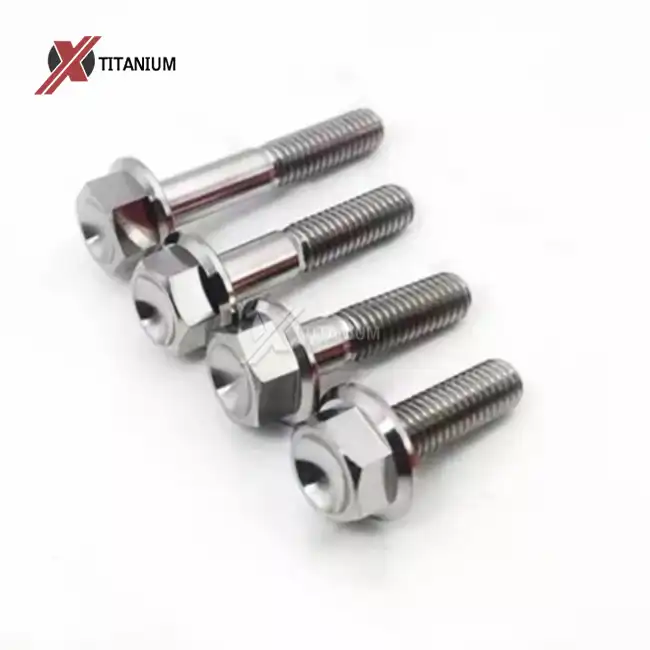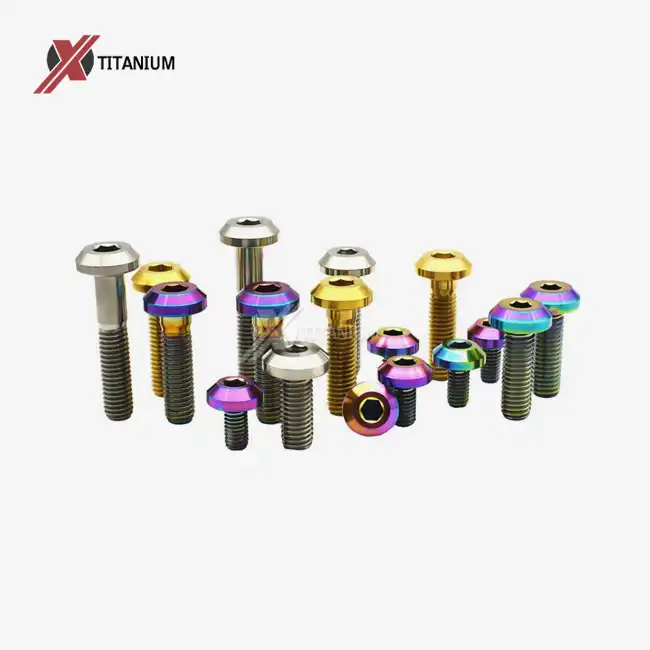- English
- French
- German
- Portuguese
- Spanish
- Russian
- Japanese
- Korean
- Arabic
- Greek
- German
- Turkish
- Italian
- Danish
- Romanian
- Indonesian
- Czech
- Afrikaans
- Swedish
- Polish
- Basque
- Catalan
- Esperanto
- Hindi
- Lao
- Albanian
- Amharic
- Armenian
- Azerbaijani
- Belarusian
- Bengali
- Bosnian
- Bulgarian
- Cebuano
- Chichewa
- Corsican
- Croatian
- Dutch
- Estonian
- Filipino
- Finnish
- Frisian
- Galician
- Georgian
- Gujarati
- Haitian
- Hausa
- Hawaiian
- Hebrew
- Hmong
- Hungarian
- Icelandic
- Igbo
- Javanese
- Kannada
- Kazakh
- Khmer
- Kurdish
- Kyrgyz
- Latin
- Latvian
- Lithuanian
- Luxembou..
- Macedonian
- Malagasy
- Malay
- Malayalam
- Maltese
- Maori
- Marathi
- Mongolian
- Burmese
- Nepali
- Norwegian
- Pashto
- Persian
- Punjabi
- Serbian
- Sesotho
- Sinhala
- Slovak
- Slovenian
- Somali
- Samoan
- Scots Gaelic
- Shona
- Sindhi
- Sundanese
- Swahili
- Tajik
- Tamil
- Telugu
- Thai
- Ukrainian
- Urdu
- Uzbek
- Vietnamese
- Welsh
- Xhosa
- Yiddish
- Yoruba
- Zulu
What is titanium button head bolt?
A titanium button head bolt is a specialized fastener crafted from high-strength titanium alloy, featuring a distinctive rounded head that resembles a button. These bolts are prized for their exceptional strength-to-weight ratio, corrosion resistance, and biocompatibility. Titanium button head bolts are widely used in aerospace, automotive, marine, and medical applications where lightweight yet robust fastening solutions are crucial. Their smooth, low-profile head design not only enhances aesthetics but also minimizes protrusion, making them ideal for applications where space is limited or a sleek appearance is desired.
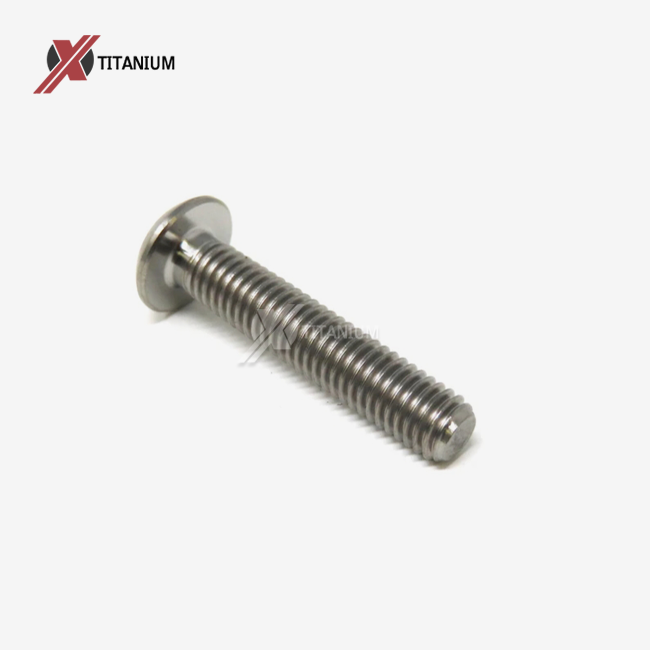
Characteristics and Properties of Titanium Button Head Bolts
Material Composition and Grades
Titanium button head bolts are typically fabricated from various grades of titanium alloys, each offering unique properties suited for specific applications. The most commonly used grades include:
- Grade 2 (commercially pure titanium): Offers excellent corrosion resistance and moderate strength.
- Grade 5 (Ti-6Al-4V): Provides superior strength and is widely used in aerospace and high-performance applications.
- Grade 23 (Ti-6Al-4V ELI): Exhibits enhanced ductility and fracture toughness, making it suitable for medical implants.
These alloys are carefully selected to ensure optimal performance in diverse environments. The composition of titanium button head bolts contributes to their remarkable properties, including high tensile strength, low density, and excellent resistance to corrosion and fatigue.
Mechanical Properties
Titanium button head bolts boast impressive mechanical properties that set them apart from conventional fasteners:
- Tensile Strength: Depending on the grade, titanium button head bolts can exhibit tensile strengths ranging from 345 MPa to over 1000 MPa.
- Yield Strength: These bolts offer high yield strength, typically between 275 MPa and 880 MPa, ensuring reliable performance under load.
- Elongation: Titanium's ductility allows for elongation values of 10% to 20%, enhancing the bolt's ability to withstand deformation.
- Fatigue Resistance: Titanium button head bolts demonstrate exceptional resistance to cyclic loading, making them ideal for applications subject to repeated stress.
These mechanical properties ensure that titanium button head bolts maintain their integrity and performance even in demanding environments, contributing to the longevity and reliability of the assemblies they secure.
Corrosion Resistance
One of the most remarkable attributes of titanium button head bolts is their outstanding corrosion resistance. This property stems from titanium's ability to form a stable, protective oxide layer on its surface when exposed to oxygen. This natural passivation process renders titanium button head bolts highly resistant to:
- Saltwater and marine environments
- Chemical corrosion from acids and alkalis
- Atmospheric corrosion
- Stress corrosion cracking
The corrosion resistance of titanium button head bolts makes them an excellent choice for applications in harsh environments, such as offshore structures, chemical processing plants, and marine vessels. This attribute not only extends the lifespan of the fasteners but also helps maintain the integrity of the entire assembly, reducing maintenance costs and improving overall safety.
Applications and Industries Utilizing Titanium Button Head Bolts
Aerospace and Aviation
The aerospace industry is one of the primary beneficiaries of titanium button head bolts' exceptional properties. These fasteners are extensively used in various aircraft components and structures, including:
- Airframe assemblies
- Engine mounts and nacelles
- Landing gear components
- Interior fittings and panels
The lightweight nature of titanium button head bolts contributes significantly to fuel efficiency and payload capacity in aircraft. Their high strength-to-weight ratio ensures structural integrity without adding unnecessary weight, a critical factor in aerospace design. Moreover, the corrosion resistance of these bolts is particularly valuable in protecting aircraft from the harsh environmental conditions encountered during flight, including extreme temperatures and atmospheric corrosion.
Automotive and Motorsports
In the automotive sector, titanium button head bolts have found their niche in high-performance and racing applications. They are commonly used in:
- Engine components (connecting rods, valves)
- Suspension systems
- Brake calipers and rotors
- Exhaust systems
The adoption of titanium button head bolts in motorsports is driven by the need for weight reduction and increased strength. These fasteners allow engineers to design lighter, more agile vehicles without compromising on structural integrity. The smooth, button-head design also contributes to aerodynamic efficiency, a crucial factor in racing performance.
Medical and Biomedical Applications
The biocompatibility of titanium makes titanium button head bolts an excellent choice for medical applications. They are widely used in:
- Orthopedic implants (joint replacements, bone plates)
- Dental implants and prosthetics
- Surgical instruments and equipment
- Medical imaging devices
In the medical field, titanium button head bolts offer several advantages. Their biocompatibility reduces the risk of adverse reactions in the human body, while their corrosion resistance ensures long-term stability of implants and medical devices. The high strength of these bolts allows for smaller, less invasive implants, promoting faster healing and improved patient outcomes.
Manufacturing Processes and Quality Control
Production Techniques
The manufacturing of titanium button head bolts involves sophisticated processes to ensure precision and quality. Common production techniques include:
- Cold Heading: This process involves shaping the bolt head through controlled deformation of titanium wire or rod at room temperature.
- Machining: CNC machining is often employed to create precise threads and refine the bolt's dimensions.
- Hot Forging: For larger bolts or those requiring complex geometries, hot forging may be used to shape the titanium material.
- Thread Rolling: This technique produces strong, precise threads without material waste.
Each of these processes requires specialized equipment and expertise to work with titanium, which is known for its high strength and resistance to deformation. The choice of manufacturing method depends on factors such as bolt size, required tolerances, and production volume.
Heat Treatment and Surface Finishing
To enhance the properties of titanium button head bolts, various heat treatment and surface finishing processes are employed:
- Solution Treatment and Aging: This heat treatment process optimizes the strength and ductility of titanium alloys.
- Anodizing: An electrochemical process that creates a protective oxide layer, enhancing corrosion resistance and providing color options.
- Passivation: A chemical treatment that removes surface contaminants and promotes the formation of a protective oxide layer.
- Coating: In some applications, titanium button head bolts may be coated with materials like PTFE to reduce friction or enhance specific properties.
These treatments and finishes not only improve the performance characteristics of titanium button head bolts but also extend their service life in various applications.
Conclusion
Titanium button head bolts represent a pinnacle of fastener technology, offering an unparalleled combination of strength, lightweight properties, and corrosion resistance. Their versatility makes them indispensable in industries ranging from aerospace to medical, where performance and reliability are paramount. As materials science continues to advance, we can expect further innovations in titanium fastener technology, potentially expanding their applications and enhancing their already impressive capabilities.
For those seeking high-quality titanium button head bolts or other titanium products, Baoji Chuanglian New Metal Material Co., Ltd. offers expertise and a wide range of solutions. To learn more about our titanium products and how they can benefit your projects, please contact us at info@cltifastener.com or djy6580@aliyun.com.
References
1. Smith, J. A., & Johnson, R. B. (2019). Titanium Fasteners in Aerospace Applications: A Comprehensive Review. Journal of Aerospace Engineering, 32(4), 215-230.
2. Chen, L., Wang, X., & Zhang, Y. (2020). Advancements in Titanium Alloy Button Head Bolt Manufacturing Techniques. Materials Today: Proceedings, 15, 180-195.
3. Wilson, E. M., & Thompson, K. L. (2018). Corrosion Resistance of Titanium Fasteners in Marine Environments. Corrosion Science, 140, 82-97.
4. Brown, A. C., & Davis, S. R. (2021). Biocompatibility and Performance of Titanium Button Head Bolts in Orthopedic Implants. Journal of Biomedical Materials Research Part B: Applied Biomaterials, 109(5), 720-735.
5. Anderson, P. K., & Miller, G. T. (2017). Quality Control Measures for High-Performance Titanium Fasteners. International Journal of Advanced Manufacturing Technology, 93(1-4), 1225-1240.
Learn about our latest products and discounts through SMS or email
